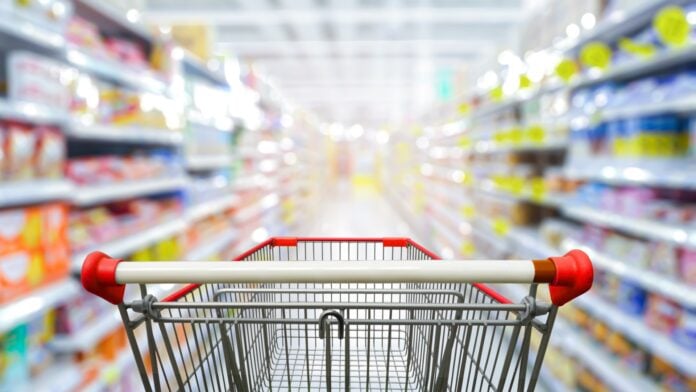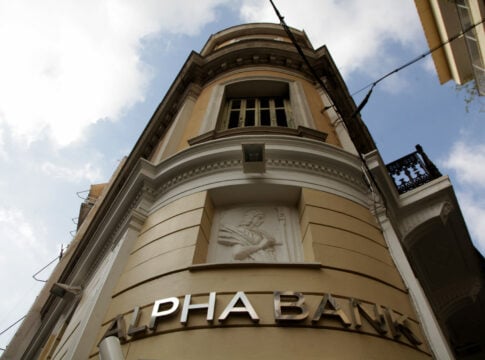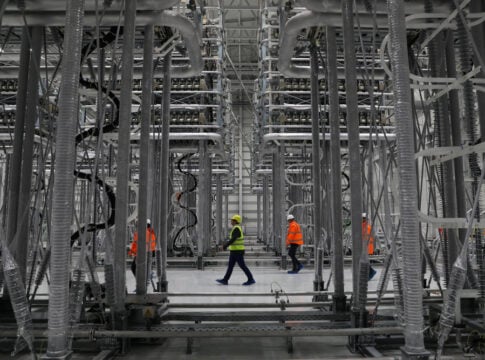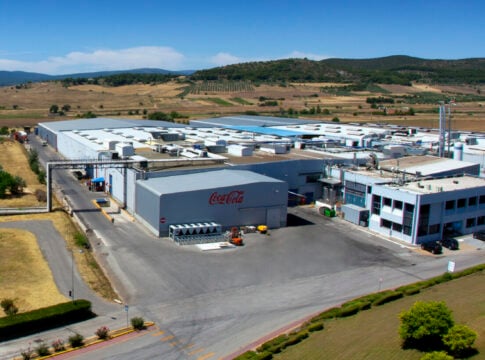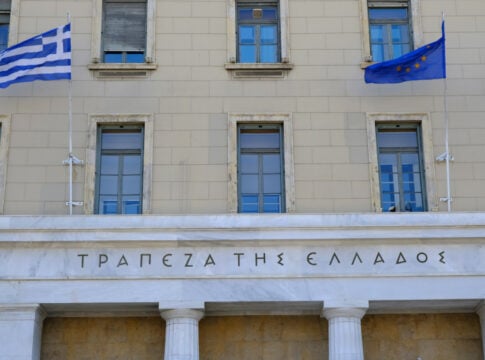Food prices kept inflation at high levels in March forcing the government and especially the development ministry to accelerate the planning and activation of the next price containment measures.
As the proposal submitted by the supermarkets for reductions in VAT was rejected by the government, the measure of reducing initial prices in basic food categories seems to be gaining ground.
The government’s economic staff seems to have realized that the exogenous factors that push up the prices of basic goods like oil, oranges, chocolates, fruits etc. cannot be easily dealt with. However, they estimate that there is room for further intensifying the actions of the competent bodies – audit services, Competition Commission, etc. – to improve the conditions of competition in the market.
Inflation rose to 3.2% in March from 2.9% in February, while food inflation remained high (5.3%) for another month. As the target is for inflation to fall below 3% in 2024, it must return to a downward trend ideally from this month, April (difficult month due to Easter holidays), or from May.
Food price increases remain the biggest problem in the battle against high super market prices, which was also reflected in March’s price change data. While the overall index accelerated to 3.2% (from 2.9% in February), the sub-index for food items showed an increase of 5.3%, although lower than 6.7% in February.


